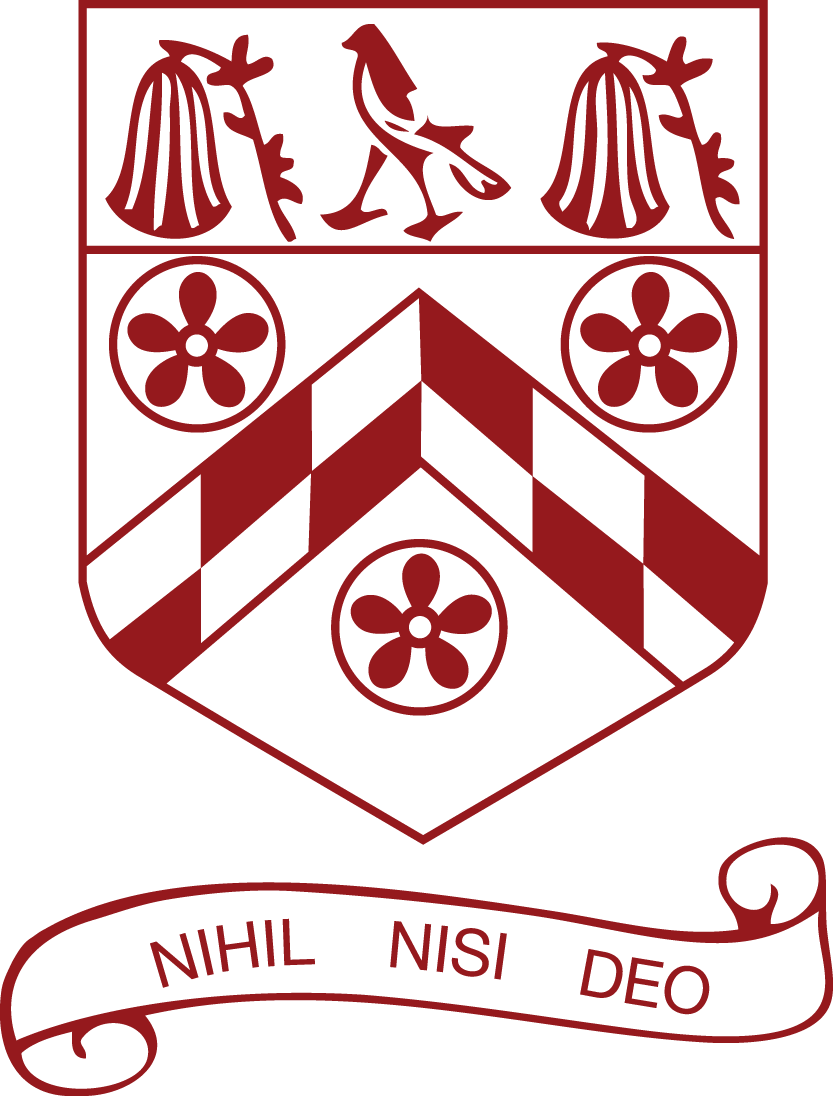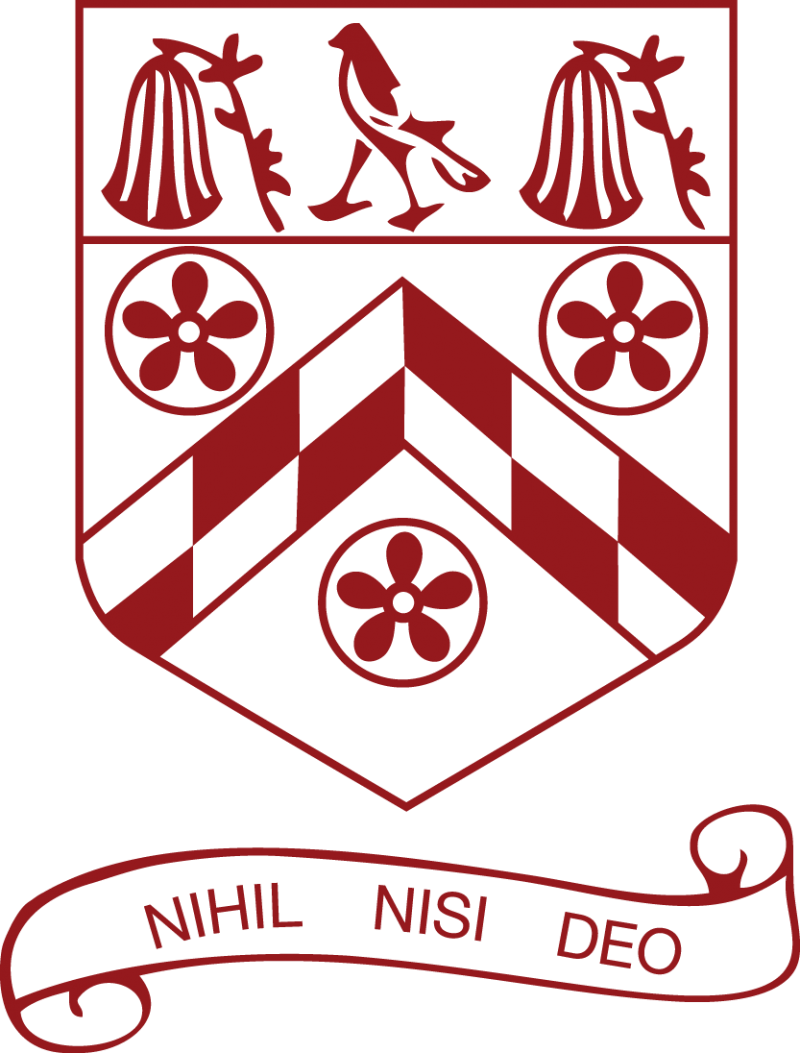Sixth Form
Mathematics
Mathematics is an essential subject enabling us to solve many important and intriguing problems. A high-quality Mathematics education can support students in further study in many disciplines including Science, Technology, Engineering and Economics. However, Mathematics is also a fascinating and varied subject in its own right.
Mathematics is a popular A Level subject at BHFCS and a few of the students choose to study A Level Further Mathematics in addition to A Level Mathematics. We follow the Edexcel A Level Mathematics (2017) syllabus for Mathematics.
The A level course is split into Pure Mathematics and Applied Mathematics, Pure forming 2/3 of the final assessment and Applied Mathematics forming 1/3.
Within Pure Mathematics, you will look at proof, algebra and functions, coordinate geometry, sequences and series, trigonometry, exponentials and logarithms, calculus and vectors.
Within Applied Mathematics, you will study both Statistics and Mechanics. Within this you will learn statistical sampling, data presentation and interpretation, probability, statistical distributions and statistical hypothesis testing. Units in mechanics cover kinematics, forces and Newton’s laws, moments and projectiles.
Grade 7 minimum in GCSE Mathematics.
A study of GCSE Statistics is also helpful when studying A Level Mathematics but is not essential.
Mathematics opens a world of possibilities and expands your options as you look to the future. No matter how the world changes, mathematics will always be at the heart of life. A level Mathematics will enable you to understand mathematics and mathematical processes in a way that promotes confidence, fosters enjoyment, and provides a strong foundation for progress to further study.
A Level Mathematics is one of the Russell Groups ‘facilitating subjects’ opening pathways into a huge range of university degrees. Mathematics has a high academic reputation in all areas of employment and course. Subjects such as psychology, sociology, geography and biology all benefit from a knowledge of statistics beyond GCSE. Furthermore, studying maths develops many transferrable skills linking to statistics, technology, software engineering, network security, games design, engineering, architecture, finance, starting your own business, actuary, accountancy, medicine, and many more. Employment prospects are excellent because employers value students who are good at thinking logically and analytically. Through solving problems you develop resilience and are able to think creatively and strategically. The writing of structured solutions, proof and justification of results help you to formulate reasoned arguments.

